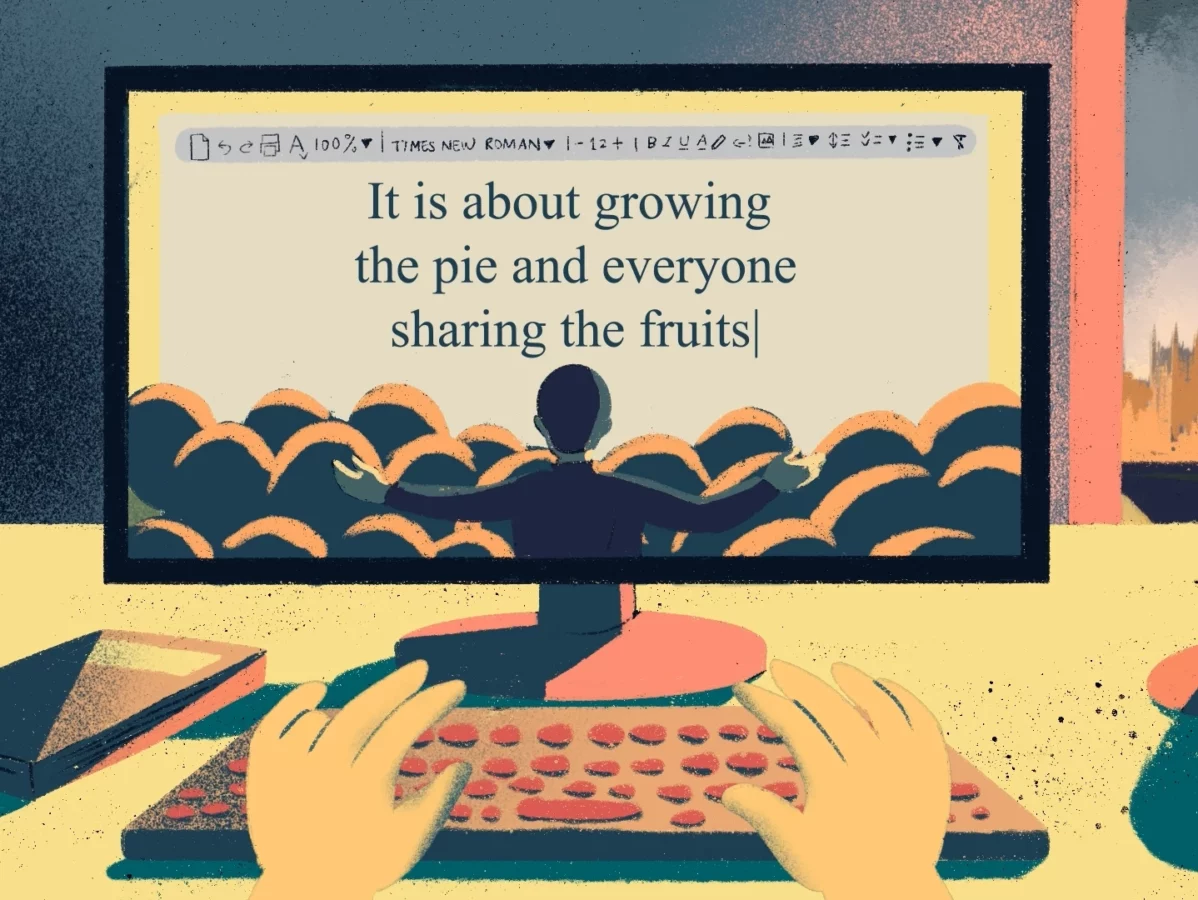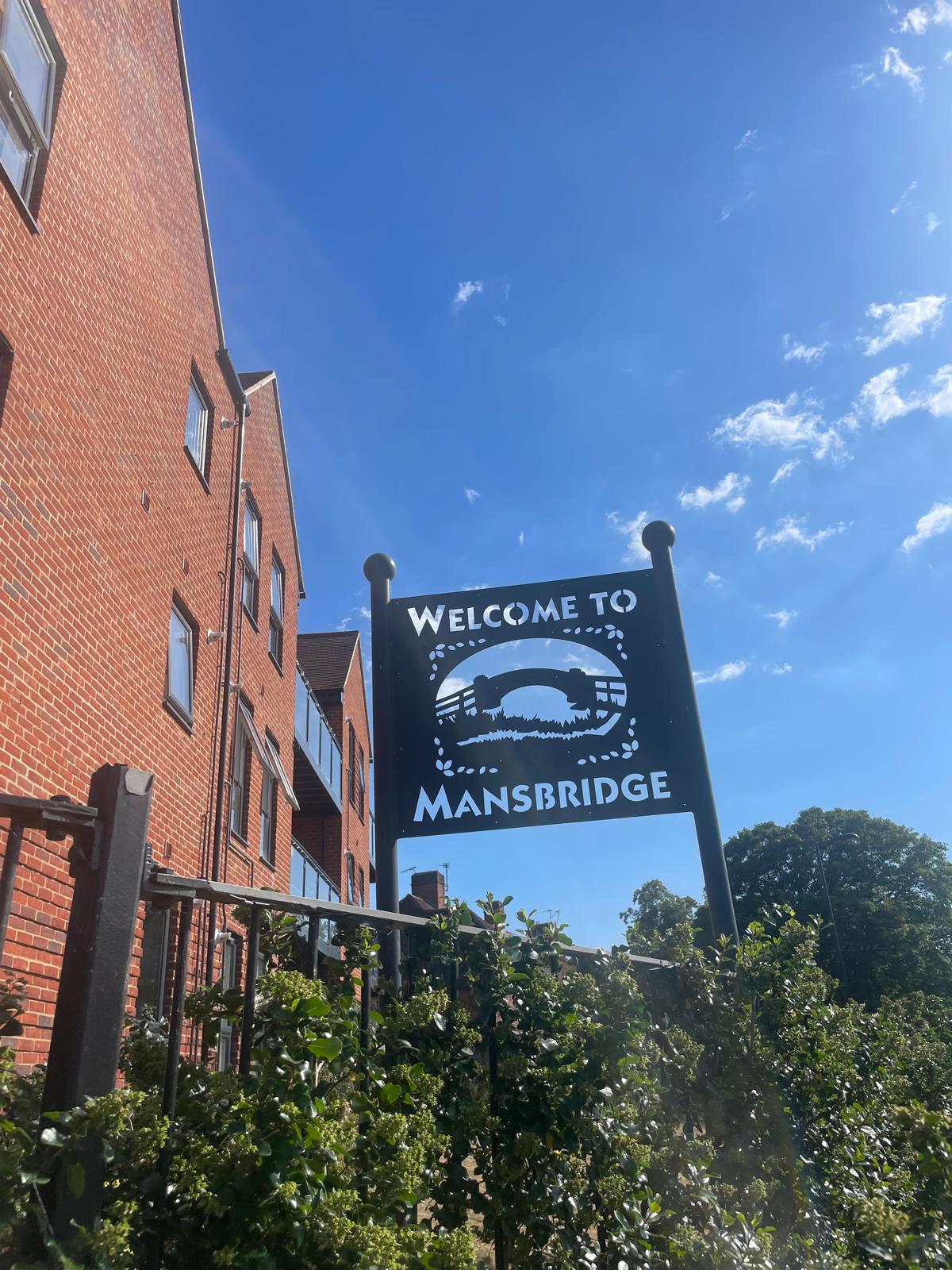Call for Chapters
Editors
Michael Howcroft (University of Glasgow): michael.howcroft@glasgow.ac.uk
Joseph Owen (University of Southampton)
Catherine Baker (University of Hull)
David Atkinson (University of Hull)
Overview
This call invites scholars from all disciplines and territories to explore the multitudes of pride in place. It aims to deepen, challenge and compare existing perspectives, frameworks and understandings of these frequently invoked, but elusive concepts which inform and shape our social and cultural imaginaries. Both construct and reproduce our social worlds, yet each is relatively -and surprisingly- under-theorised, despite their recent reinvigoration and mobilisation in public, political and academic debates.
The UK government’s post-Brexit ‘Levelling Up’ agenda claims to address the country’s historical geographic inequalities and alleviate the economic fortunes of ‘left-behind places’. The Levelling Up White Paper (2022) highlights the political value of pride in place and “restoring local pride” is one of its guiding missions. Indeed, galvanising pride about the places where people live and embed their lives has become increasingly important to policymakers (Collins 2017, Shaw et al, 2022). The rhetoric of community empowerment and the decentralisation of power is, after all, a longstanding feature of British politics (Giovannini, 2018) but now re-emphasised in this refocus on local places. Mobilising pride and place are also becoming key political agendas beyond the UK: France’s ‘Action Coeur de Ville’ (loosely translated as ‘reviving the heart of the city’) aims to revitalise the urban centres of small and medium-sized towns. In Japan, many municipalities have adopted ‘civic pride charters’, which explicitly define how local pride is constituted and managed (Shaw et al., 2022).
Yet, foregrounding emotion as a key policy outcome raises significant ethical and ideological questions. We are mindful that pride (and shame) ‘may be the most powerful forces in the human world’ (Scheff: 1994, 277). These forces can be significantly amplified, politicised and weaponised, particularly when coupled with place and its issues of boundary, governance, identity and belonging (plus the obverse constructions of exclusion, deviance and otherness for actors that are not perceived as ‘belonging’).
The collective act of reclaiming and celebrating pride has been enormously powerful for addressing stigmatisation of many kinds, for effecting legal and social change, and for providing a positive sense of identity and community (Fortier, 2005; Berkel et al., 2009; Silverstone, 2012; Ammaturo, 2016; Matebeni, 2018; Hoffman, 2019). Yet the UK’s Levelling Up agenda fails to account for such collectives and their varied agendas, nor does it address the ideologies and social forces that facilitate, reinforce, undermine and reconfigure the emotional experiences of pride, particularly with its reductionist ‘us’ and ‘them’ dynamics (Sullivan, 2014). Additionally, the measuring and analysis of emotion is notoriously elusive and problematic, and the complex ways that people feel about their places often remains shifting, multi-faceted, relatively undefined and under-examined in policy and practice. Levelling Up has nevertheless demonstrated that pride can be a powerful instrument of social structuring, and one that prompts, challenges and reshapes political and public imaginaries.
Structure of the book
This volume will interrogate pride’s multiple formulations, providing a timely opportunity to investigate and reappraise this emotion beyond the banal, homogenising and sanitising limitations of neoliberal entrepreneurial policy scripts. It also aims to re-assert the constitutive roles of place as an active element in the co-constitution of prides. The following list is not exhaustive—but chapters might engage with local and civic pride, regional pride, national or supranational pride, queer pride, diasporic pride, black pride, mad pride, crip pride, Asian pride, pride across the life course, and pride in associational communities such as sports clubs, employment and party politics.
- Defining and conceptualising: what are the cultural and historical specificities of “pride in place”? How is the emotion understood and valued and how has it manifested in previous eras and in different places and contexts?
- Pride and policy: why are feelings of belonging so important to communities, and why do policymakers seek to mobilise these emotions? In turn, how does this strategy affect the communities whose pride is sought? How might invoking pride in place lead to better decision making? How might pride in place affect key policy areas such as health, housing, employment, crime, education, transport, environment and culture?
- The politics of pride: how do understandings of pride in place differ across the political spectrum? Are (for example) cosmopolitanism, localism, municipalism and communitarianism informed by these differences?
- Temporalities: does pride ebb and flow across time as well as place? Can we excavate precursors of pride and connected places? What happens “after” pride? Where does pride “go”? What are the relationships between pride, the past and the future?
- Scale and intersections: at what scales do pride in place operate and how do differing forms of pride (e.g. civic and LGBTQ+) intersect, layer or come into conflict with one another? What is pride’s relationship with other place-based feelings such as care, fear or security?
- Exclusions: we also need to sustain debate about how pride and place can inform and reconstitute each other to generate darker, more exclusionary senses of pride, place and belonging. What are the dangers of pride and place being mobilised for varying degrees of exclusion and persecution?
Submission Guidelines
Ammaturo, F.R. (2016) Spaces of Pride: A Visual Ethnography of Gay Pride Parades in Italy and the United Kingdom, Social Movement Studies, 15:1, 19-40
Berkel, C., Murry, V. M., Hurt, T. R., Chen, Y.-f., Brody, G. H., Simons, R. L., Cutrona, C. and Gibbons, F. X. (2009) It Takes a Village: Protecting Rural African American Youth in the Context of Racism. Journal of Youth and Adolescence, 38(2), 175-188.
Collins, T. (2017) Governing through civic pride: pride and policy in local government, in Jupp, E., Pykett, J., Smith, F.. (ed), Emotional states. London: Routledge.
Department for Levelling Up, Housing and Communities (2022) Levelling up white paper. Available at https://www.gov.uk/government/ publications/levelling-up-the-united-kingdom
Dobson, J. (2022) Boosterism and belonging: ‘pride in place’and the levelling-up agenda. People, Place and Policy, 16(2), 170-176.
Fortier, A.-M. (2005) Pride politics and multiculturalist citizenship. Ethnic and Racial Studies, 28(3), 559-578.
Giovannini, A. (2018) The uneven governance of devolution deals in Yorkshire: opportunities, challenges and local (di)visions, in Berry, C. and Giovannini, A. (eds), Developing England’s North. The political economy of the Northern Powerhouse. Basingstoke: Palgrave, 163-196.
Hanretty, C. (2021) The pork barrel politics of the Towns Fund. The Political Quarterly, 92(1), 7-13.
Hoffman, G. A. (2019) Public mental health without the health? Challenges and contributions from the Mad Pride and neurodiversity paradigms, in Cratsley, K. and Radden, J. (eds), Developments in Neuroethics and Bioethics. Academic Press, 289-326.
Jennings, W., Mckay, L. and Stoker, G. (2021) The Politics of Levelling Up. The Political Quarterly, 92(2), 302-311.
Matebeni, Z. (2018) Ihlazo: Pride and the politics of race and space in Johannesburg and Cape Town, Critical African Studies, 10:3, 315-328
Payne, W. J. (2021). Queer urban activism under state impunity: Encountering an LGBTTTI Pride archive in Chilpancingo, Mexico. Urban Studies, 58(7), 1327–1345.
Scheff, T. (1994) Emotions and identity: A theory of ethnic nationalism, in Calhoun, C. (ed), Social theory and the politics of identity. Oxford: Blackwell.
Shaw, J., Garling, O. and Kenny, M. (2022) Townscapes: Pride in place. Cambridge: Bennett Institute for Public Policy: Available online: https://www.bennettinstitute.cam.ac.uk/wp-content/uploads/2022/08/Pride-in-Place-Report.pdf
Silverstone, C. (2012) Duckie’s gay shame: Critiquing pride and selling shame in club performance1. Contemporary Theatre Review, 22(1), 62-78.
Stella, F. (2013). Queer Space, Pride, and Shame in Moscow. Slavic Review, 72(3), 458-480. doi:10.5612/slavicreview.72.3.0458
Sullivan, G. B. (2014) Expressions of pride and proud feelings, in Sullivan, G. B. (ed), Understanding collective pride and group identity: New directions in emotion theory, research and practice. London: Routledge.



